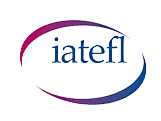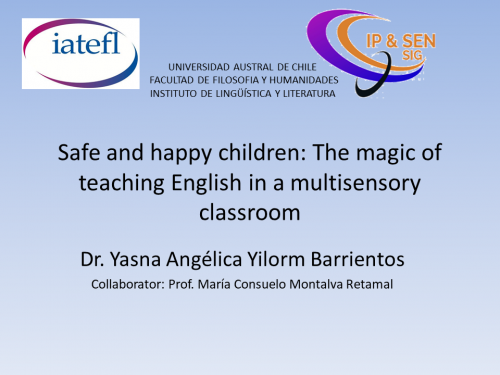Webinars 2020
Agnieszka Dzięcioł-Pędich:
Teaching ADHD students – tips for teachers
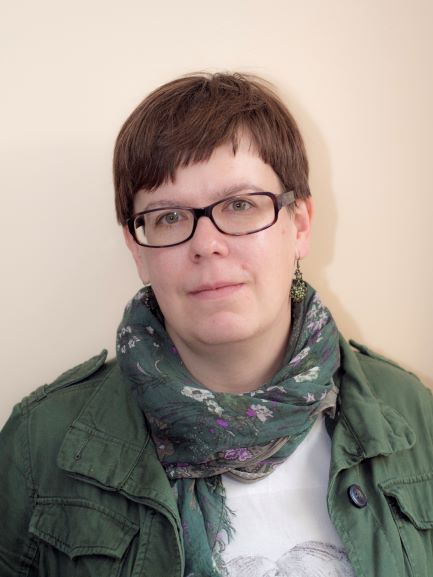
Attention deficit hyperactivity disorder (ADHD) is one of the most common neurodevelopmental disorders of childhood. Around 5% of children have it and at least a further 5% of children have substantial difficulties with overactivity, inattention, and impulsivity that are just under the threshold to meet full diagnostic criteria for ADHD.
Although there’s no cure for ADHD, it can be managed with advice and support for parents and affected children, medication (if necessary) and appropriate educational support. Therefore, it is important for teachers to be able to understand common ADHD behaviours and make reasonable adjustments to best accommodate their students.
During this webinar Agnieszka first defined what ADHD means, and then discussed a number of teaching strategies that could be used to address the needs of students with ADHD in the language classroom.
Webinars 2018

Fabio Filosofi – The representation of individuals with special needs in materials: where are our students?
December 13th 2018
Click here to watch the webinar.
The focus of this talk is in the area of teacher cognition. The session was inspired by two main questions: – What do teachers think about the representation of disability within textbooks? – Are we providing sufficient training to deal with textbook, which include images and texts of children and adults with special needs? In the first part of the session, findings from the first phase of the current research study will be introduced to analyze the challenges and fears expressed by informants on the introduction of inclusive materials. The second part of the session will examine a possible approach to improve the inclusiveness of classroom materials: the theory of the inclusive backdrop. Given the paucity of textbooks that represent disability, teachers may find themselves having to design materials in order to maximize inclusion.
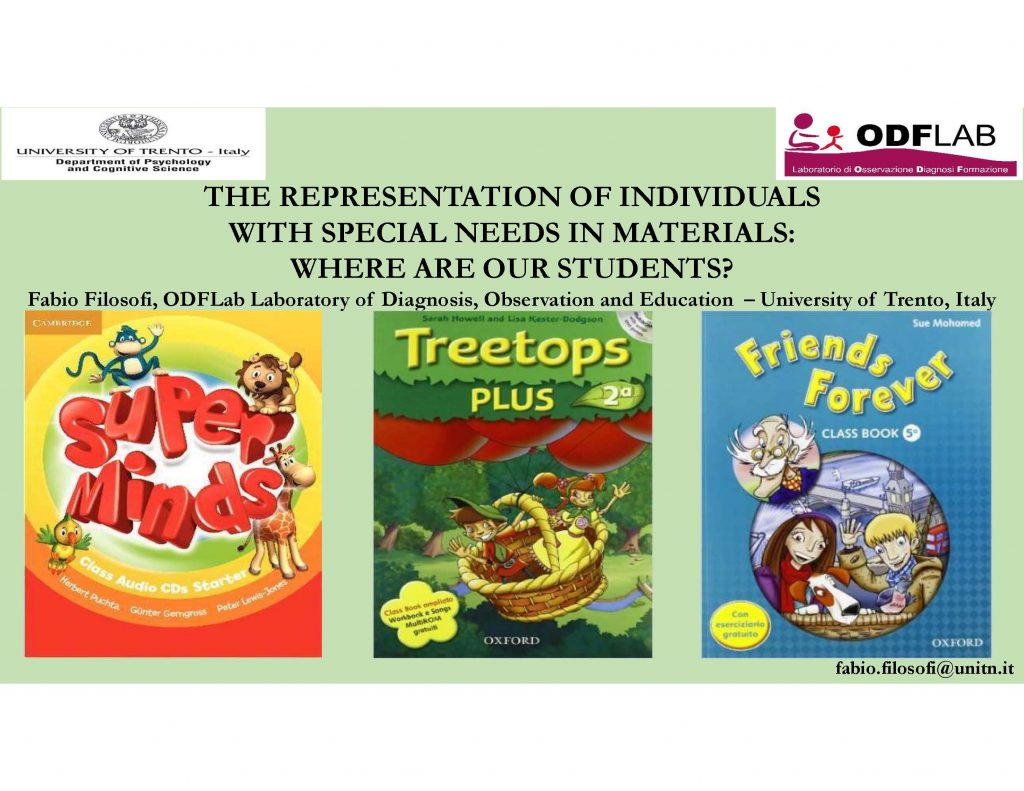
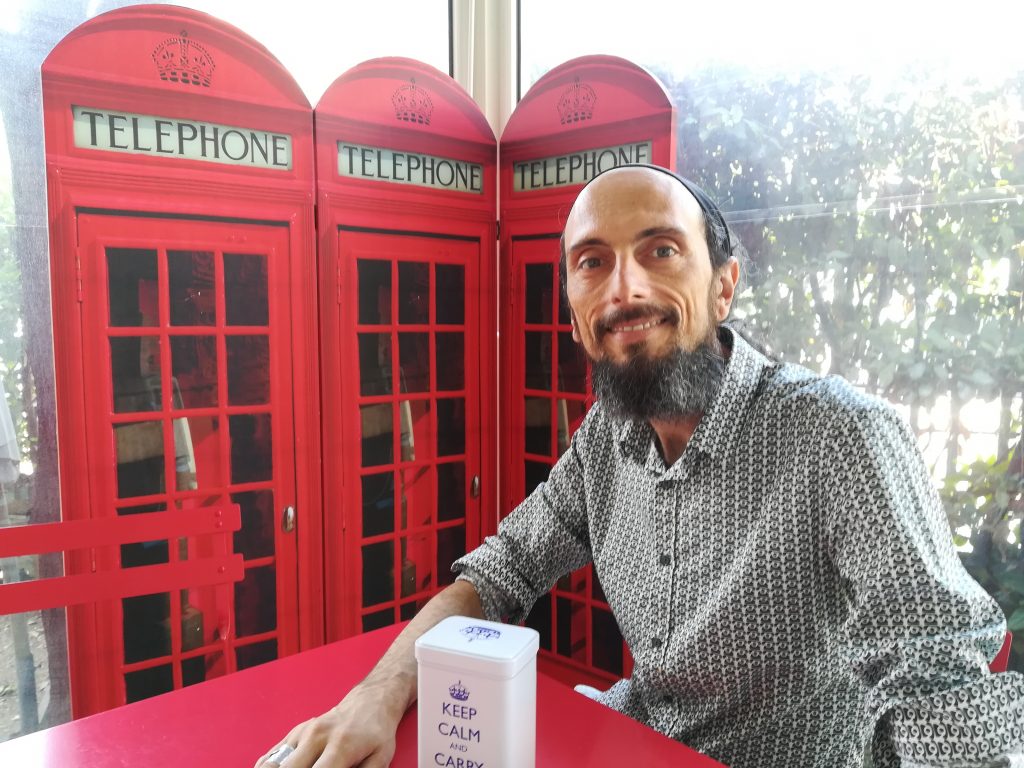
Giovanni Licata – What’s sexuality got to do with it?
November 10th 2018
Watch the webinar here.
The first month into my first TEFL job in Italy I was asked to change my name from Giovanni to John “to make it sound more American” and I was asked not to be too ostentatious about my sexuality, i.e. allude to the fact that sexual identities can be a lot more fluid than some might like to believe. Yet, what’s sexuality got to do with it? Does it really have a place in the classroom, at all? It might seem that it really does not, at first sight. However, once we start reflecting on our cultural references and on the relations of power that these entail, we might have to revisit our first impression.

Božica Šarić-Cvjetković – Inclusive Activities for Young Learners
September 15th 2018
Watch the webinar here.
Read the blogpost by Božica Šarić-Cvjetković here.
Read the commentary by Anne Margaret Smith here.
In large mixed ability classes it is often difficult for teachers to cater for needs of all students and at the same time follow the school curriculum. Sometimes the students’ abilities range from those whose level of English is way above the expected to those who struggle with reading and writing in their own language.
Students with learning difficulties often feel excluded when they are given different, easier tasks to do. Group work and project work has been the best solution so far but my experience has shown that fast learners often take over and slower learners just sit back and let others do the work. So, how do we make sure that all the students are actively participating and most importantly, learning?
I’ve been doing small scale projects with my students a lot, trying to find balance between the types of the activities, group formation and assigning the roles within the groups in order to include all the students in the learning process. In this talk I will present a mini project I did with a class of 26 eight-year-olds and point out the ways in which they were included in each of the activities, what their tasks were and what they accomplished individually, as a part of the group and as a part of the whole class. The participants will see the final products of the project and have the opportunity to ask questions.
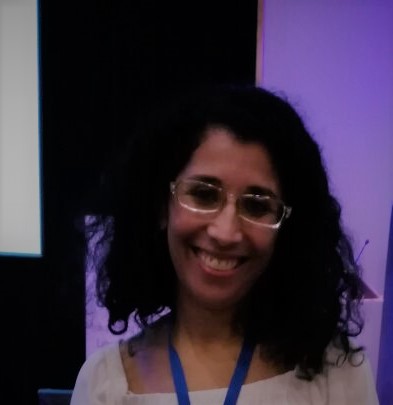
Yasna Yilorm – Safe and Happy Children
23 June 2018
You can see the webinar by clicking on the slide below:
Every child is a social being who requires significant amounts of love to grow up healthy and happy. However, research in Chilean public schools from Valdivia has proven that children who live in poverty are exposed from an early age to physical, psychological and socio-economic violence. In spite of the existing beliefs, the impact of poverty on children’s learning process could be overcome with the right design and implementation of multisensory didactic strategies such as games, songs, rhymes, magic tricks, acting, cultural experiences, suspense and surprise effects meant not only to merely develop the four skills, but mainly to construct children’s personality in an inclusive world. Through the display of scientific evidence and theoretical references, the presenter will invite the audience to reflect on the urgent need to become agents of change in the building up of social justice in EFL classrooms.
Please note that the children in the videos are not the same children that Yasna worked with for her research. She was unable to use those videos for confidentiality reasons. Instead, the videos in this webinar show children from a school with a high Index of social vulnerability, where Yasna has been working to implement inclusive practices.
Webinars 2017
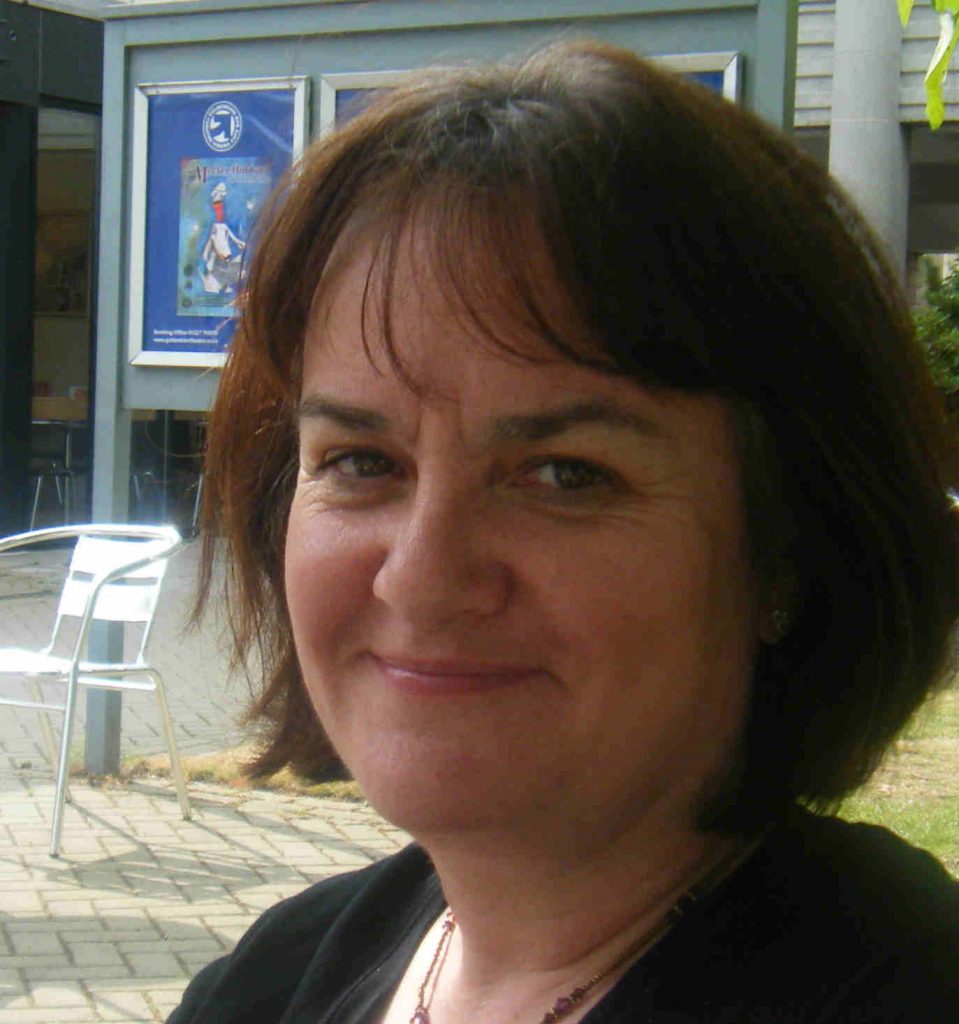
Marie Delaney – SEBD (Social, Emotional and Behavioural Difficulties) as a SEN
October 29th 2017
Children with social, emotional and behavioural difficulties in our classrooms can seem unteachable and unreachable. SEBD is also a Special Educational Need. By understanding the underlying reasons for poor behaviour and often emotional blocks to learning, we can begin to develop strategies to engage them in learning. This webinar will look at
- understanding the effects of loss, trauma and disrupted attachment on the brain and learning
- recognising and changing negative patterns of behaviour between these children and the teacher : the effects of unconscious defence mechanisms
- recognising emotional blocks to learning :the importance of understanding children’s internal worlds, fears and anxieties
- Strategies and activities which can be used in the English language class to address emotional blocks to learning and to help with behaviour
Webinars 2016
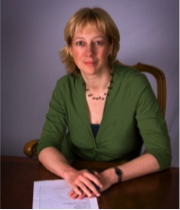
Anne Margaret Smith – Including Dyslexic Language Learners
September 10th 2016
IATEFL members can watch Anne Margaret’s webinar here.
In this session we will explore the main effects that dyslexia can have on language learning, and how we can support the dyslexic learners in our classes. Some of the principles that underpin inclusive teaching will be outlined and examples will be shown of how to put them into practice.

